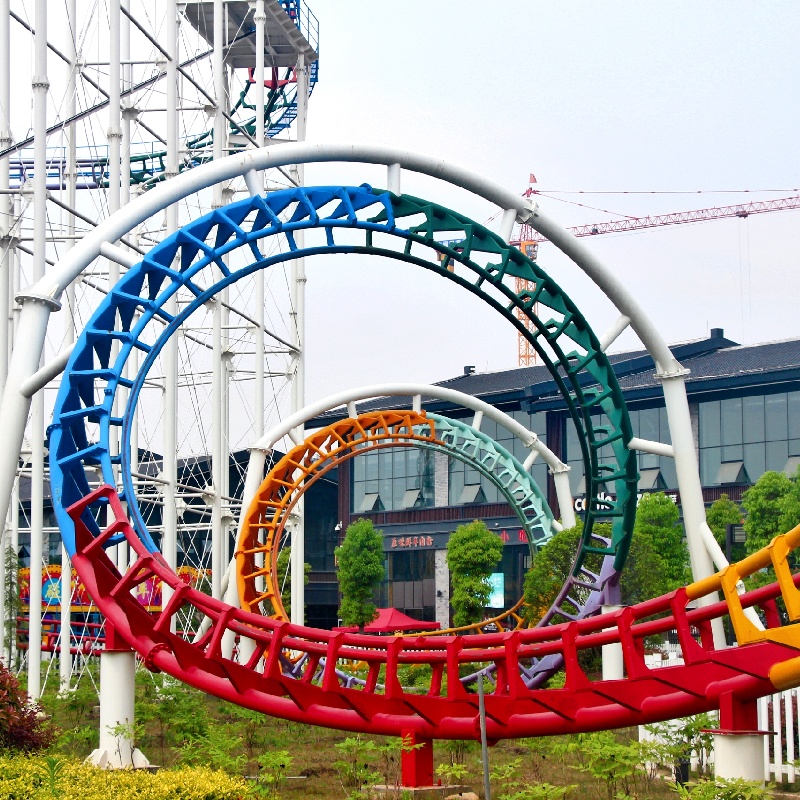Exploring the Future of Entertainment in Virtual Reality Movie Theaters and Immersive Film Experiences
The Rise of VR Movie Theaters A New Dimension of Cinema
In the ever-evolving landscape of entertainment technology, one of the most exciting innovations is the emergence of Virtual Reality (VR) movie theaters. As traditional cinemas face increasing competition from streaming services and home entertainment systems, VR movie theaters present a unique solution that combines the communal experience of watching films with the immersive qualities of virtual reality. This fusion offers a new dimension of storytelling that captivates audiences in unprecedented ways.
The Rise of VR Movie Theaters A New Dimension of Cinema
The potential for VR in cinema is boundless. Filmmakers can explore new storytelling techniques that were previously unimaginable. Non-linear narratives that allow viewers to shape their experience or films that incorporate elements of gaming can engage audiences in ways traditional media cannot. For instance, imagine stepping into a dystopian world where you can choose to align with a protagonist or antagonist, ultimately leading to multiple endings. This level of immersion transforms the very nature of storytelling, making it increasingly personal and tailored to individual preferences.
vr movie theater

Moreover, VR movie theaters also address some of the challenges posed by physical cinema spaces. With the rise of streaming platforms, the conventional cinema has seen a decline in audience attendance. VR theaters have the potential to revitalize this experience by offering something that at-home viewing cannot provide—an immersive environment complemented by social interaction. Groups of friends can gather in a VR cinema, share their reactions, and even discuss the film in real time. It creates a communal atmosphere that is reminiscent of traditional movie-going but is enhanced by the novelty of VR technology.
However, the journey to widespread adoption of VR movie theaters does not come without hurdles. The initial investment in VR technology, including high-quality headsets and spatial audio systems, can be significant for theater owners. Furthermore, there is a learning curve for both users and filmmakers, who must adapt their narratives for a VR format. As the technology matures and becomes more affordable, it is likely that these barriers will diminish, allowing for a broader adoption.
Looking ahead, the future of VR movie theaters appears promising. There is already a growing library of VR content designed specifically for this medium, ranging from short films to interactive experiences. As major studios begin to recognize the potential of VR, we can anticipate significant investments in this area, leading to higher-quality productions and more diverse narratives.
In conclusion, VR movie theaters represent a significant leap forward in the evolution of cinema. By merging traditional storytelling with the immersive quality of virtual reality, they offer audiences an experience that is both engaging and interactive. As technology continues to advance and become more accessible, we can expect VR movie theaters to transform the way we experience films, making it not just a viewing event, but an adventure into new realms of creativity and imagination. The future of cinema may very well lie in the virtual worlds yet to be explored.
-
Top Amusement Equipment Manufacturer Rock n Roller Coaster & Carousel ManufacturerJun.10,2025
-
World's Scariest Roller Coaster Experience Ultimate Thrill & HeightJun.10,2025
-
Ultimate Thrill Ride Roller Coaster High-Speed, Safe AdventureMay.30,2025
-
Carousel Mansfield Rides Premium Indoor & Event SolutionsMay.30,2025
-
T3 Roller Coaster High-Thrill, Safe Ride for Theme Parks & ResortsMay.30,2025
-
Roller Coaster Cart Design Custom-Built & High-Safety Thrill Ride VehiclesMay.30,2025
